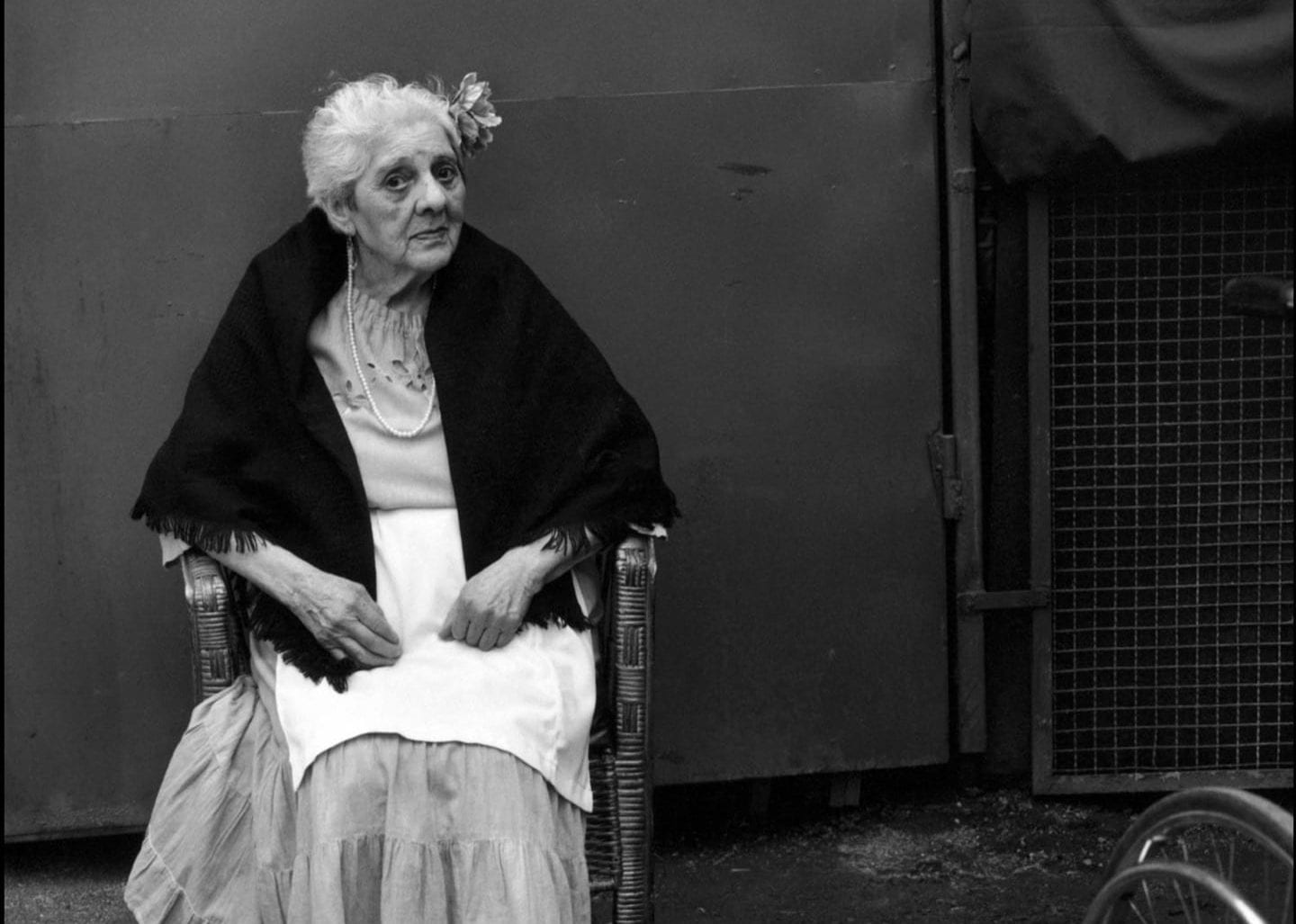
Aging
Winter 2019 | Volume XVIII, Number 2
Table of Contents
Editor’s Letter →
by June Carolyn Erlick
First Take
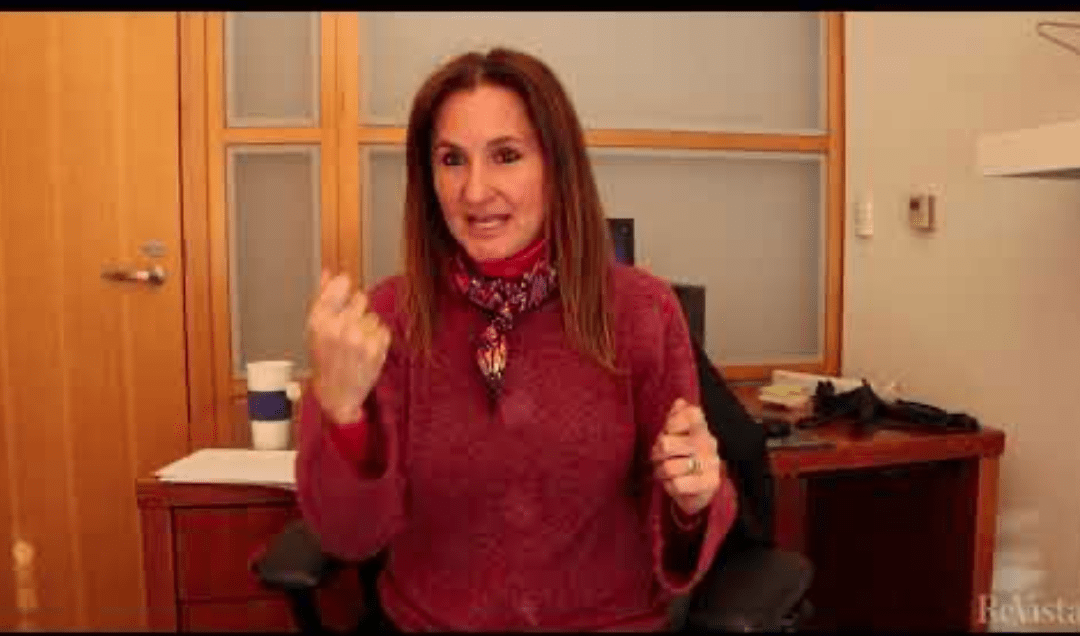
Video Interview with Flavia Piovesan
Flavia Piovesan is a member of the Inter-American Commission on Human Rights, Professor of Law at the Pontifical Catholic University of São Paulo and 2018 Lemann Visiting Scholar at the…
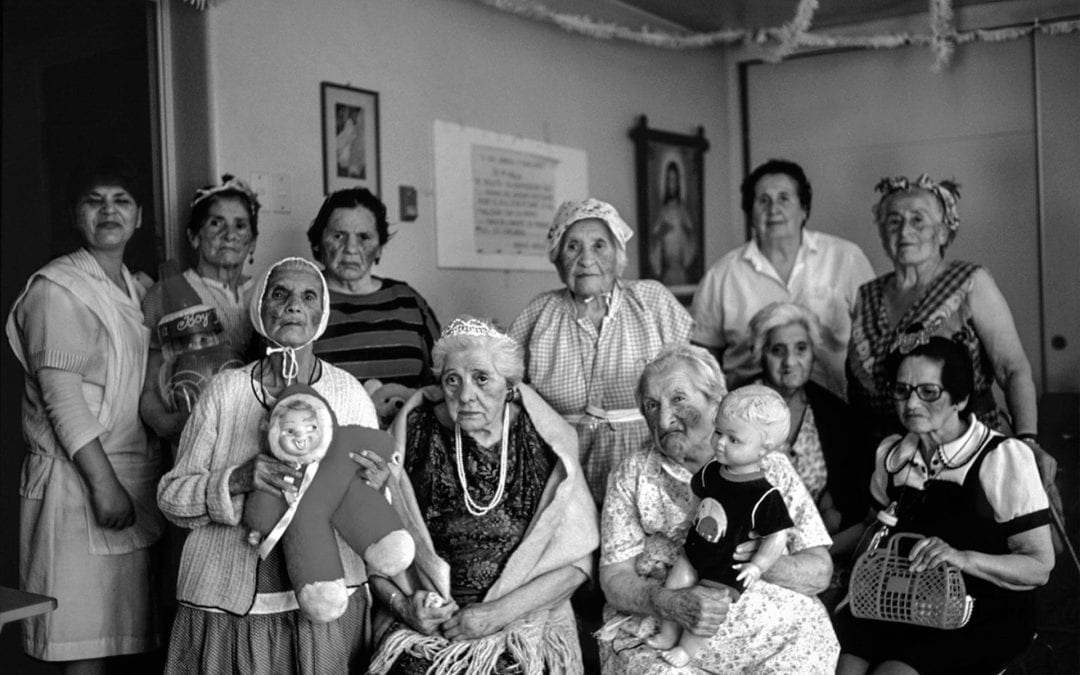
Protection of the Rights of the Elderly
I arrived in Bogotá in February 2018, not quite knowing what to expect. I’d recently been elected to the Inter-American Commission on Human Rights, and this was my first period of working…
Pensions and Safety Nets
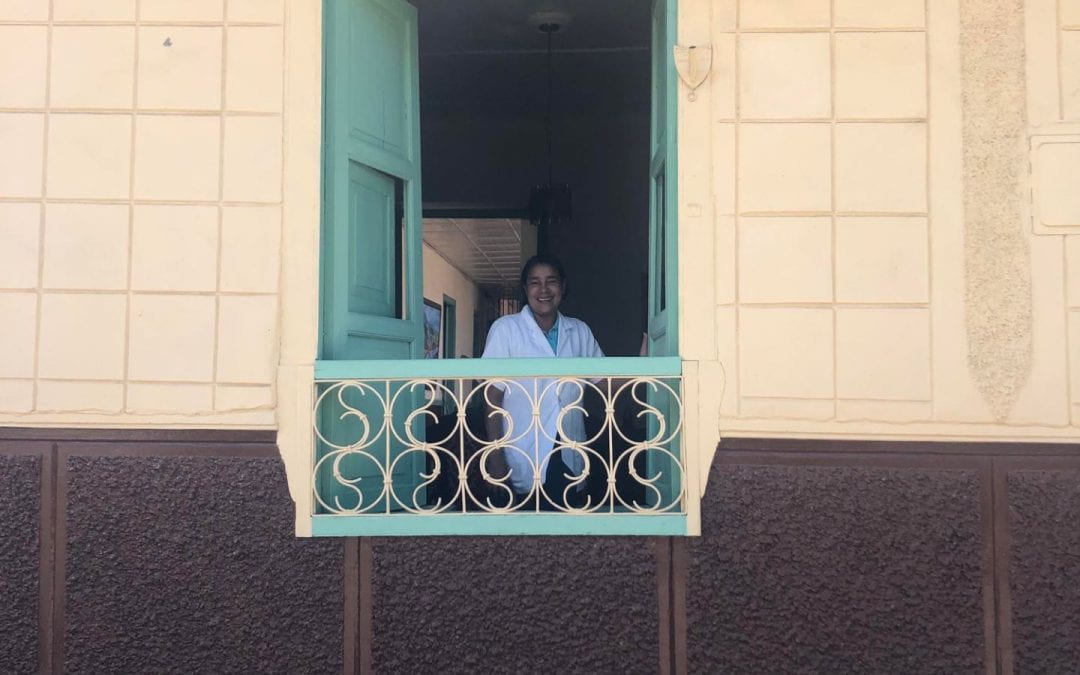
Domestic Workers and Retirement
That day everyone was either crying or trying to hold back the tears. In the kitchen, Anita Tobon was crying too. Yet, Anita was crying very quietly as if her pain were insignificant or irrelevant…
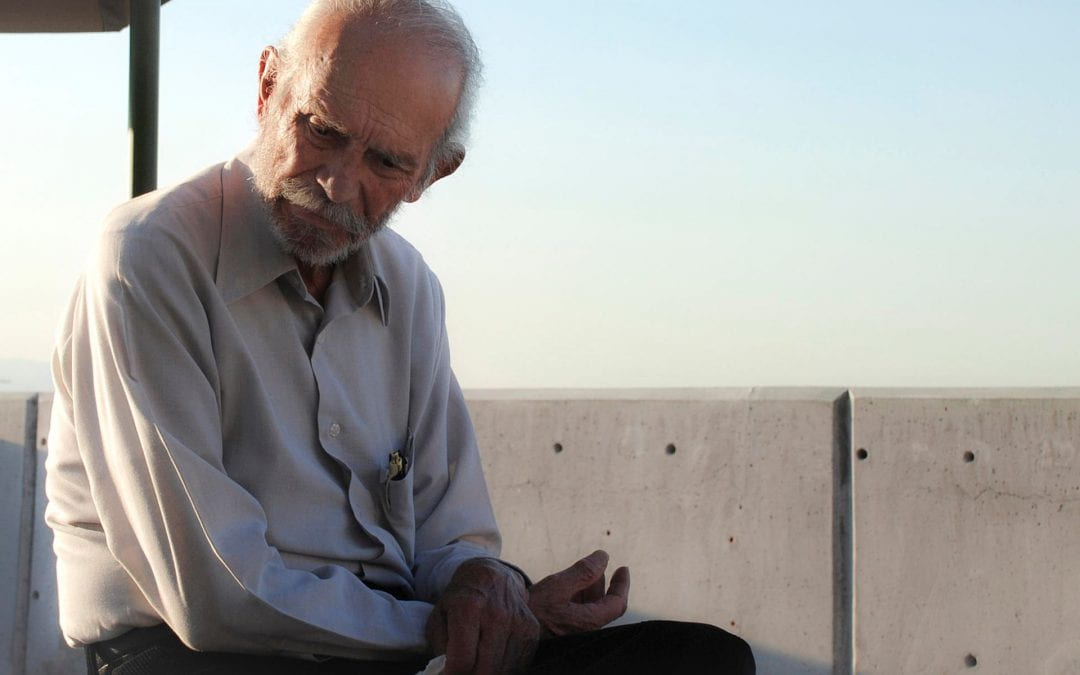
A Shaky Social Protection System Spells Vulnerability
Calendaria Noya migrated when she was twenty years old from a small town of farmers and weavers in Cajamarca to the bustling metropolis of Lima. When I interviewed her in 2005 for my…
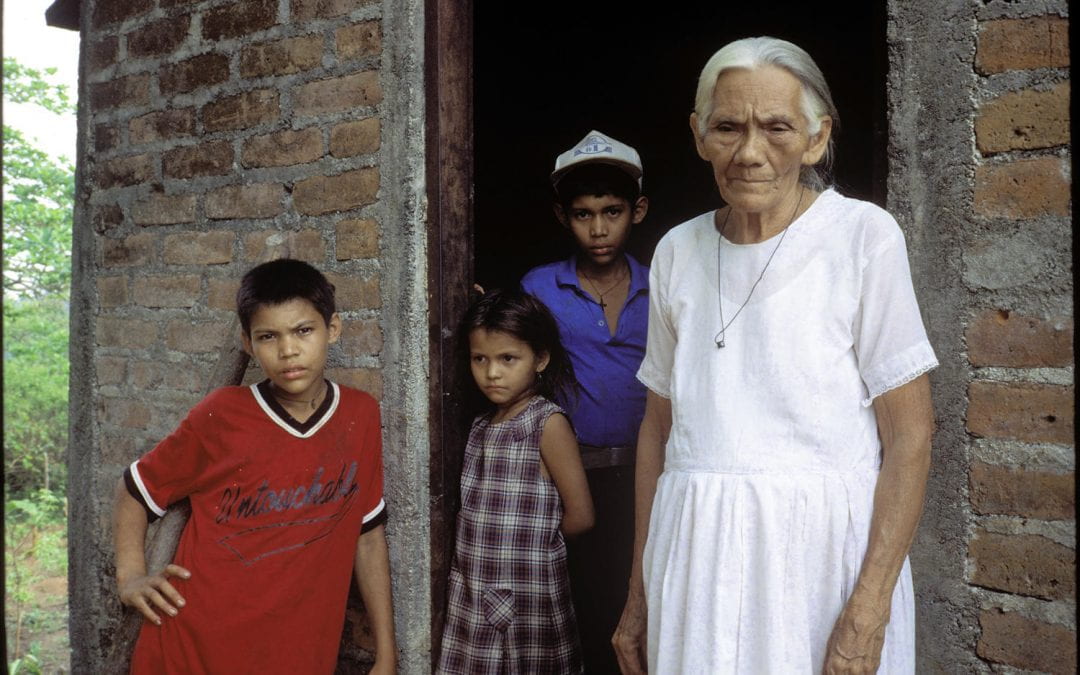
Aging and Pension Reforms: A Look at Latin America
Latin America is growing older. Since the 1950s, the number of people 60 years and older is increasing in the region as longevity is expanding. For many decades, the largest portion of the…
Facing the Challenges
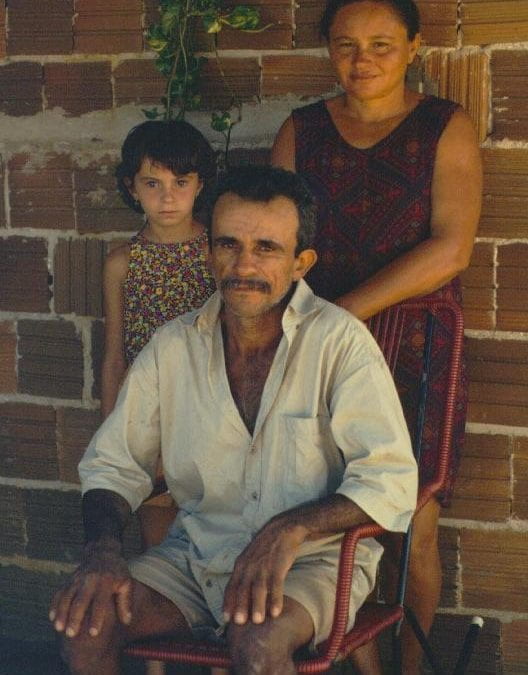
Challenges of Aging in Brazil
The elderly men without pensions or savings were trying to eke out a living selling water and juice in the streets of São Paulo. This recent image on Brazilian television drew attention to the…
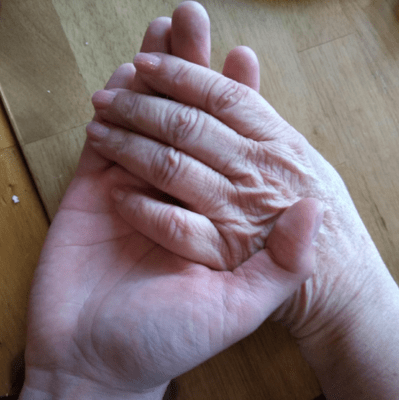
Long-term Care in Chile
Chile is experiencing a process of accelerated population aging. This sentence is heard again and again in courses, seminars and speeches. Despite this, it does not always seem clear why aging is…
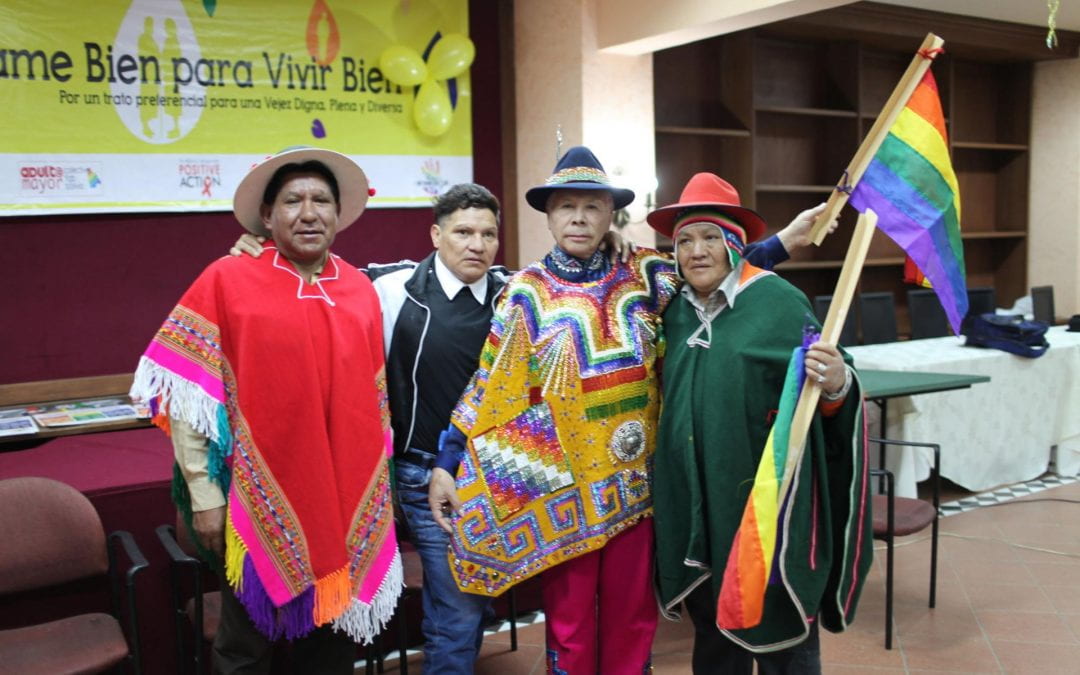
LGBT Older Adults in Latin America
Movements for social change take place in response to structural conditions that call out for action. The presence and nature of leadership is one factor that determines whether movements…

Life through Medications: Dementia Care in Brazil
It is another morning at the geriatric outpatient clinic of the local university hospital. I accompany one of the residents who guides an old woman in a wheelchair and three of her seven adult…
Focus on Central America
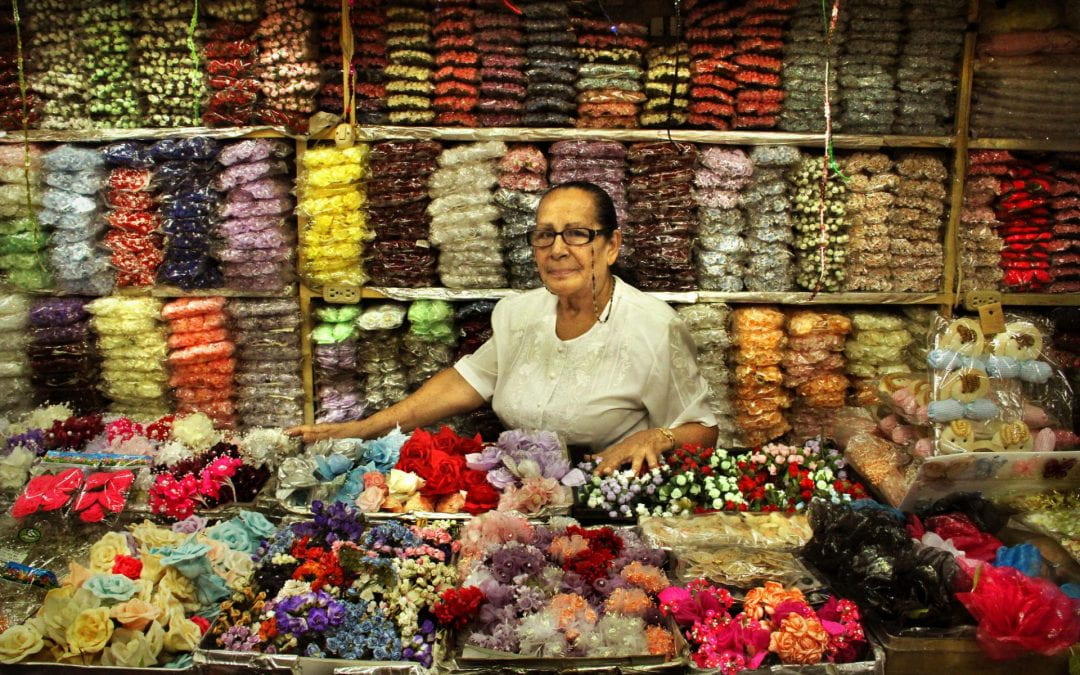
The Challenges of an Aging Society
I remember vividly my trip at the beginning of the century to Morazán, the mountainous region in northern El Salvador that suffered greatly in the 12- year civil war that ended in 1992. As…
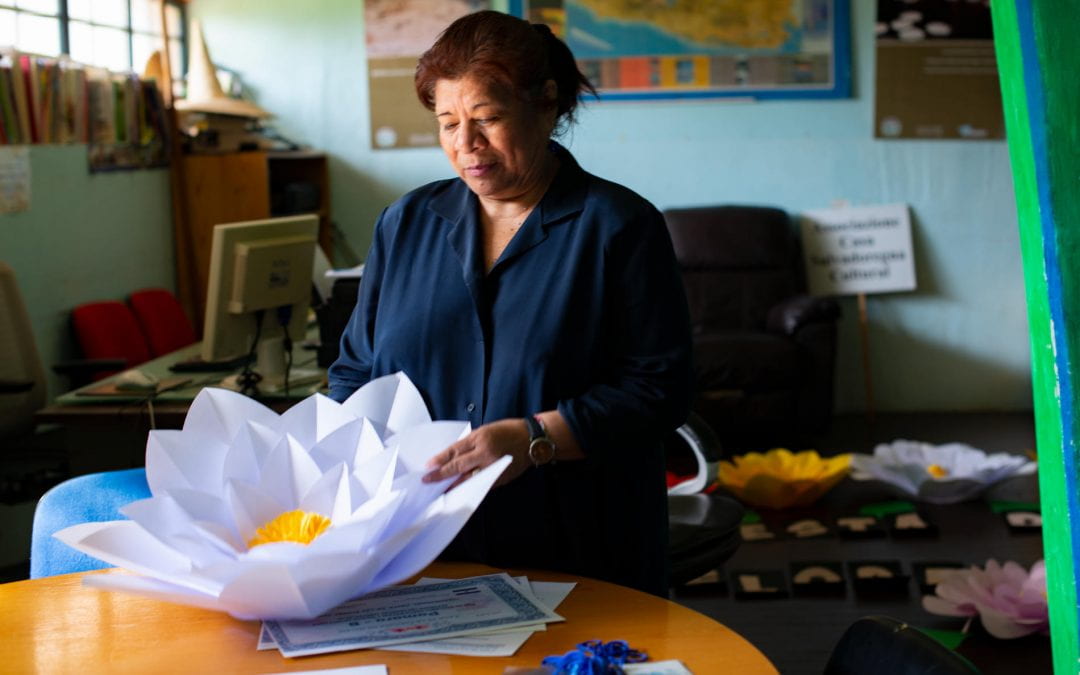
Aging in the Diaspora
La Deliciosa restaurant, just outside Concepcion Quetzaltepeque, El Salvador, tempts travelers with homemade gelato and pasta, as well as pupusas, tamales and other local favorites. Rosie…
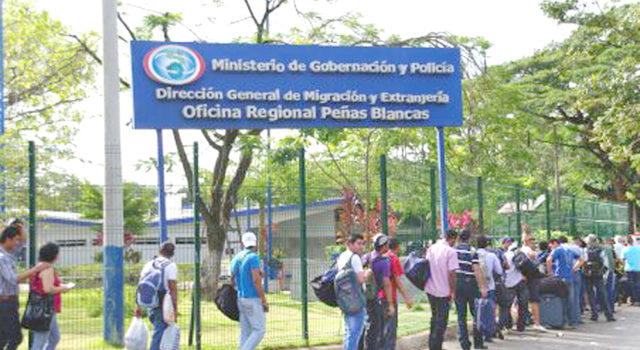
Crisis and Caregiving
In December 2017, I visited Managua, Nicaragua, to give a public talk at the Universidad Centroamericana (UCA) about my recently published book, Care Across Generations: Solidarity…
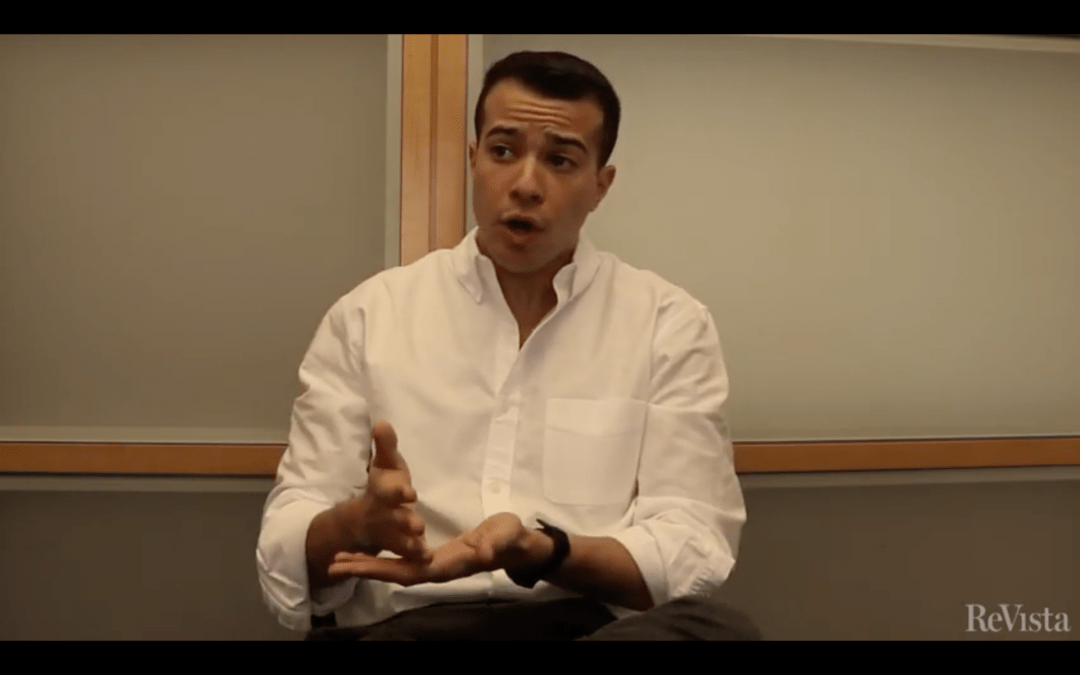
Video Interview with Mateo Jarquín
Mateo Jarquin is a Ph.D. candidate in Harvard’s Department of History. He is writing his thesis on the Sandinista Revolution. In this interview, he discusses how pension reform sparked protest in…
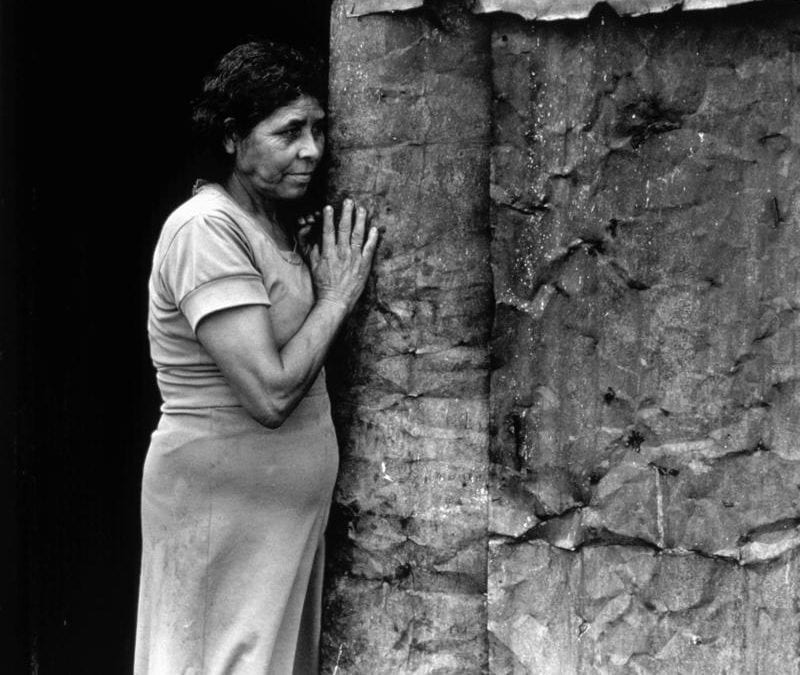
The Elderly and the Revolution
After the Sandinista revolutionary government was voted out of power in 1990, Nicaragua mostly flew under the international radar. On the infrequent occasions that foreign media spotlighted the…
A Lens through Art and Literature
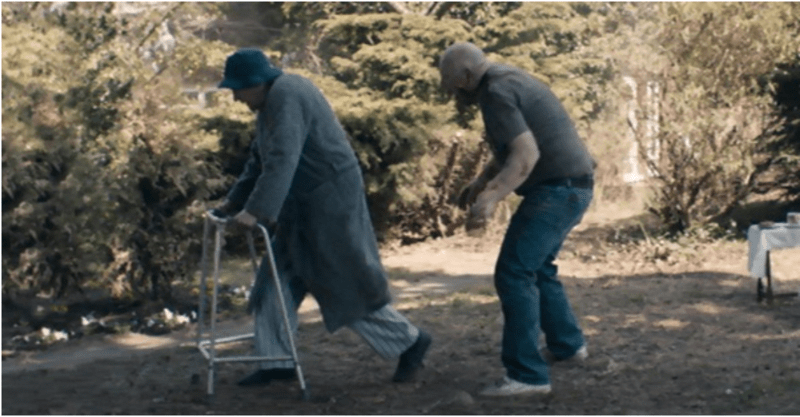
The Living Dead vs. The Dying Living
One of the most quoted scenes from the movie Cockneys vs. Zombies (2012) by Matthias Hoene takes place in a London nursing home, where the survivors are a group of old men and women…
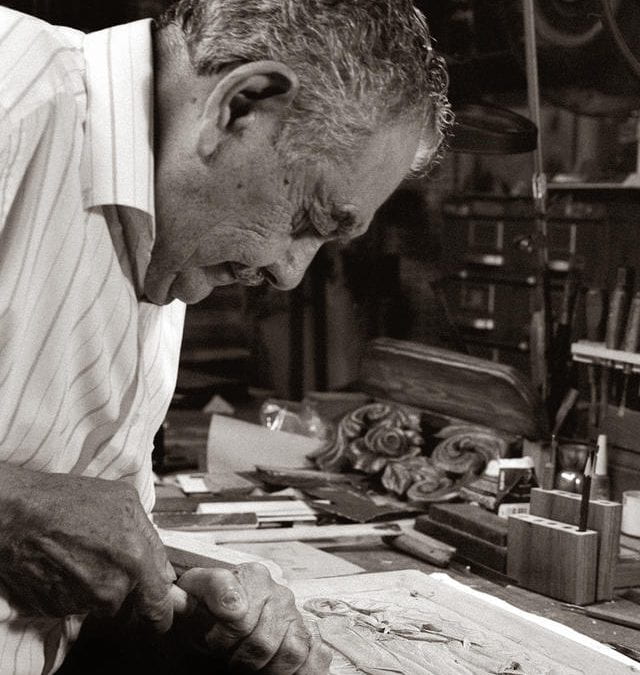
The Elderly as Historical Agents of Their Dignity and Destiny
I called my great-grandmother “Abuelita,” a Spanish term of endearment for “grandmother.” She lived to the very old age of ninety-three. I fondly remember from my early childhood the vision…
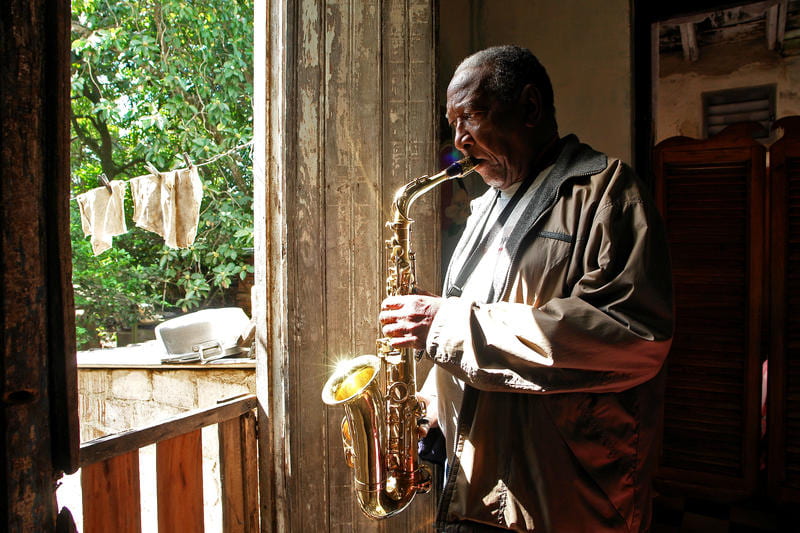
Rejuvenating Old Age
Contemporary Latin American cinema is rejuvenating our perceptions of aging by keenly portraying the diversity of realities and problems the elderly often face. It shows the ways we live…
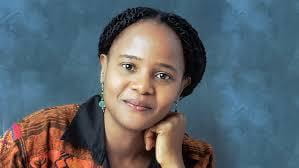
Dying Decisions: Lessons through Literature
Primum non nocere. First, do no harm. This creed, likely originating in the Hippocratic corpus and adopted in many parts of the world including much of Latin America, insists that medical…
Profiles
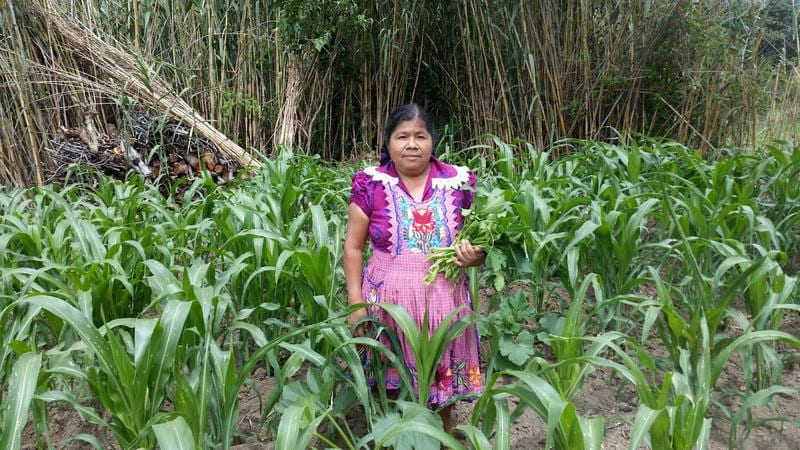
A Story of Agricultural Change
Francisca Hernández García, 92, lives in San Miguel del Valle, a town of around 3,000 inhabitants in the Central Valleys of Oaxaca, an hour east of the capital city. She is one of the few remaining…
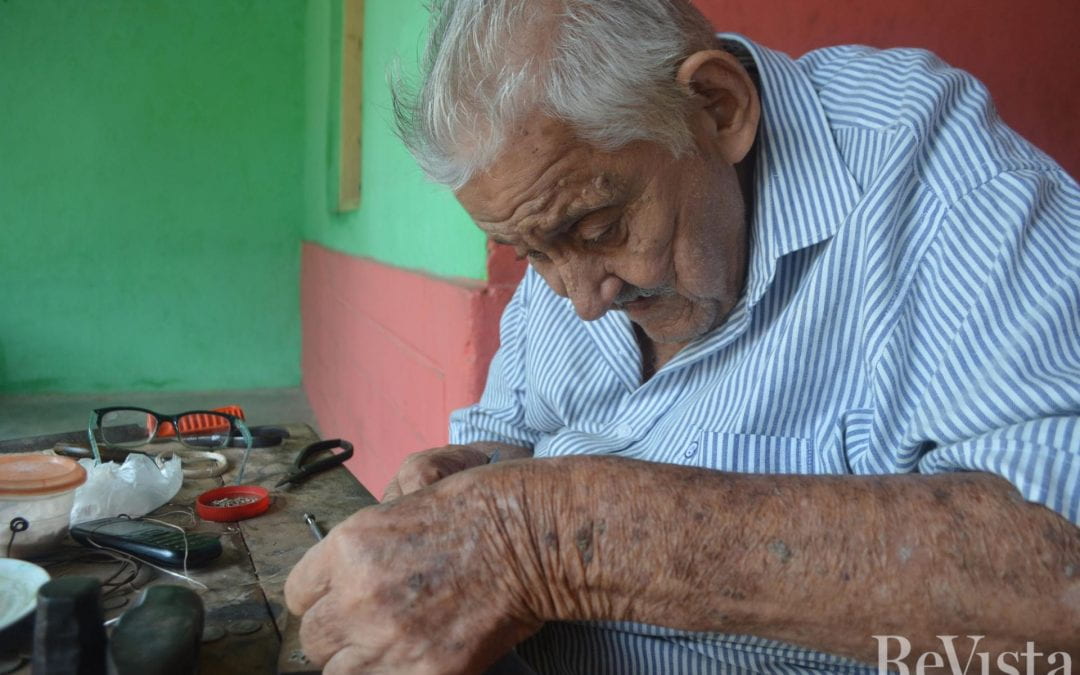
The Master Jeweler: The Oldest in Town
Eighty-nine-year-old Simón Villanueva lay a thread of shiny silver wire across the width of his decaying wooden workbench. He cut the strand into six pieces of equal length, and used pincers…
Book Talk

Young Castro: The Making of a Revolutionary
Before he died on Nov. 25, 2016, Fidel Castro told his brother Raúl that he wanted no statues erected in his honor nor any streets, roads or squares named after him…
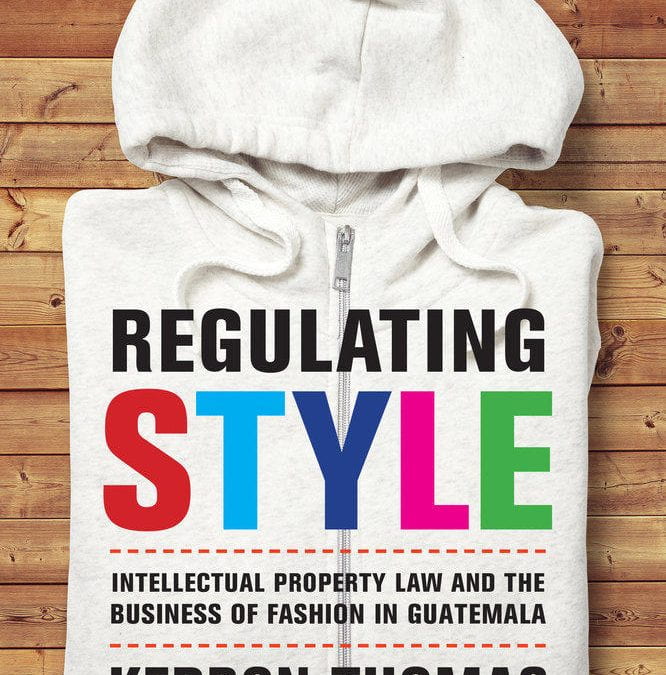
Regulating Style
At the Art Basel Cities exhibits in Buenos Aires a few months back, Mexican artist Pia Camil displayed her interactive artwork, “Gaby’s T-Shirt,” a striking ceiling-to-floor curtain made of 300…
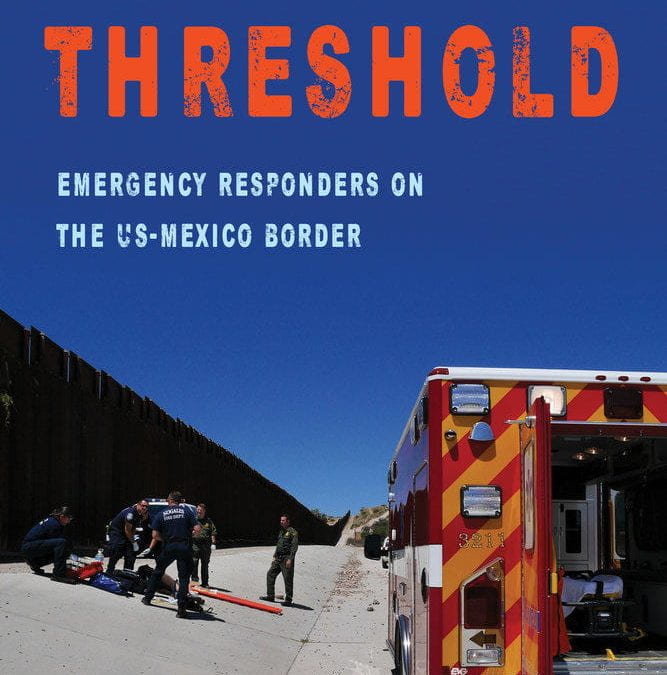
Threshold: Emergency Responders on the US-Mexico Border
As a journalist who has reported on both sides of the U.S.-Mexico border, I found Ieva Jusionyte’s look at the role of emergency responders who defy official boundary lines to save lives not just…
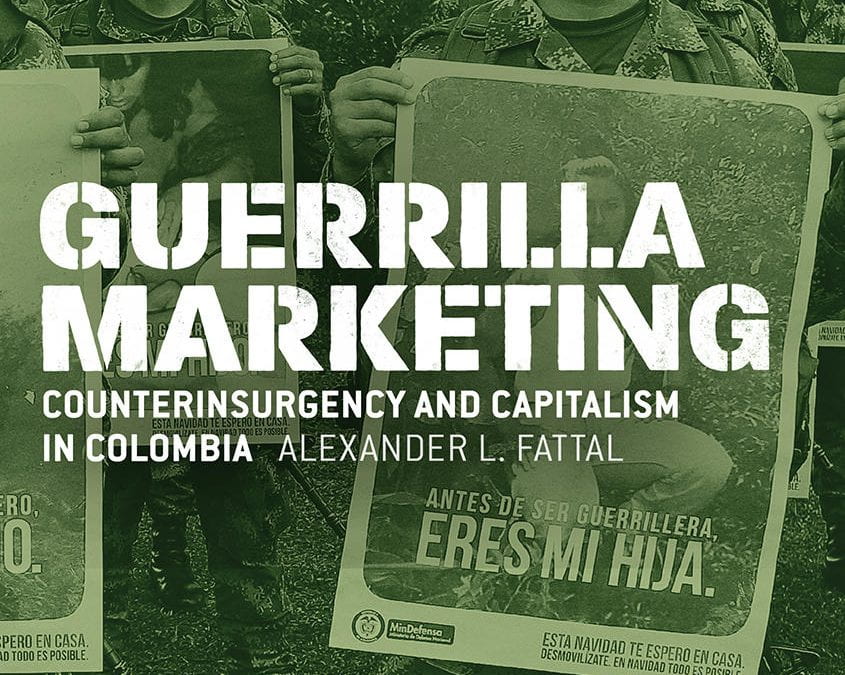
Guerrilla Marketing: Counterinsurgency and Capitalism in Colombia
Colombia’s decades-long civil war has waxed and waned over the last fifty years. It has claimed the lives of 220,000 Colombians and displaced five million people from their homes. As the…
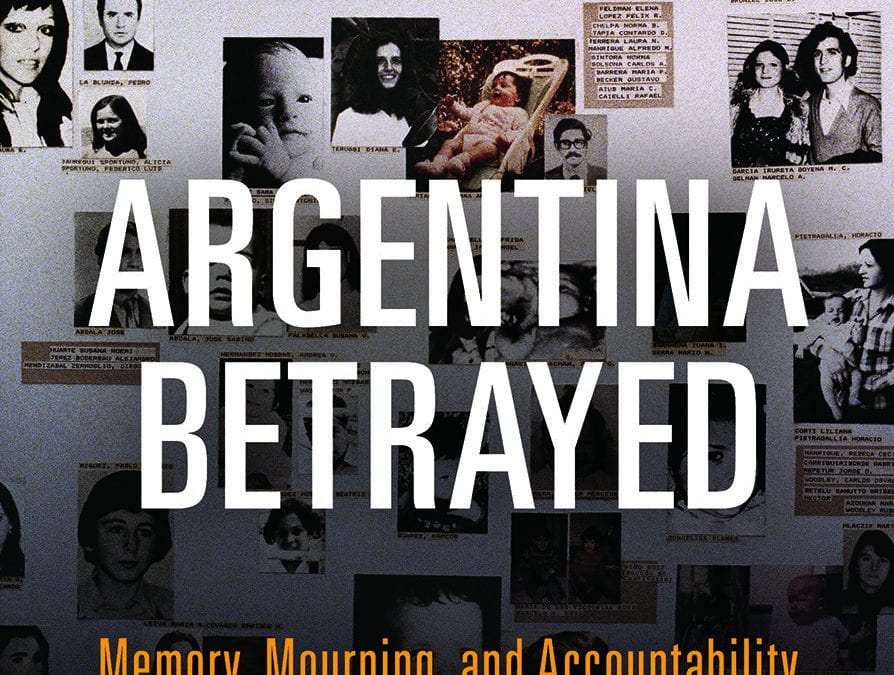
Argentina Betrayed: Memory, Mourning, and Accountability
In his new book, Argentina Betrayed: Memory, Mourning, and Accountability, the Dutch scholar Antonius C.G.M. Robben seeks to establish a conceptual thread that will lead us through decades…
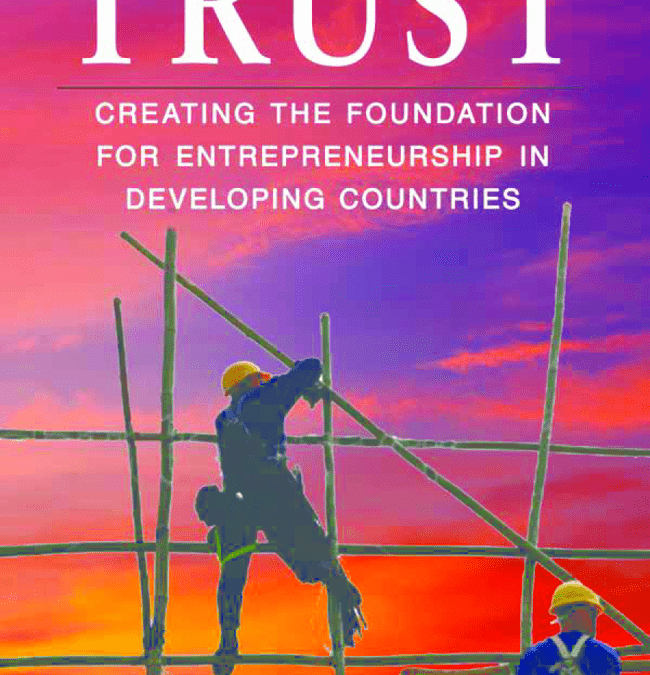
Trust: Creating the Foundation for Entrepreneurship in Developing Countries
This book will deepen your understanding of how for-profit, nonprofit, or governmental entrepreneurship can be a powerful force for economic and social progress in developing countries…
